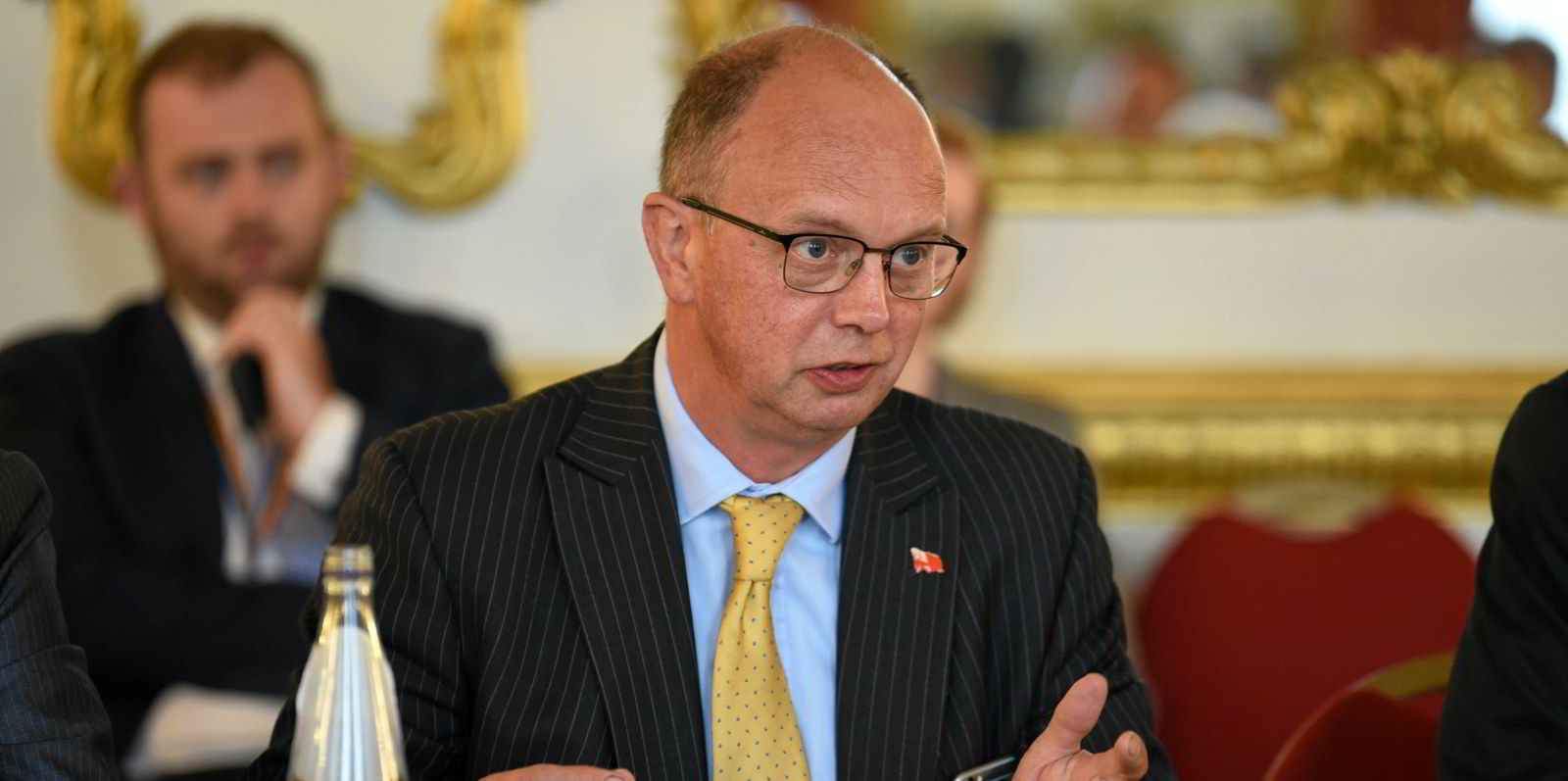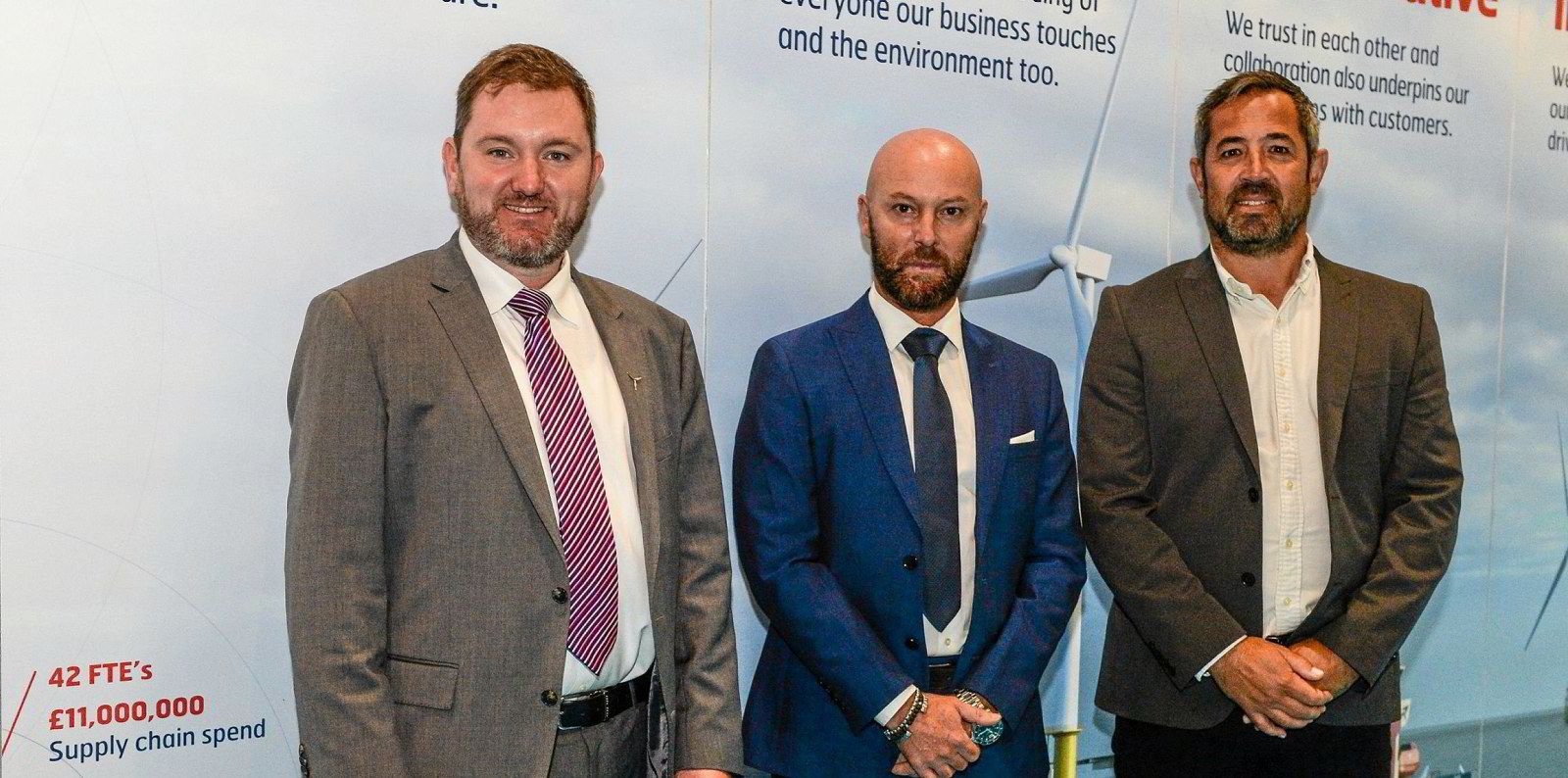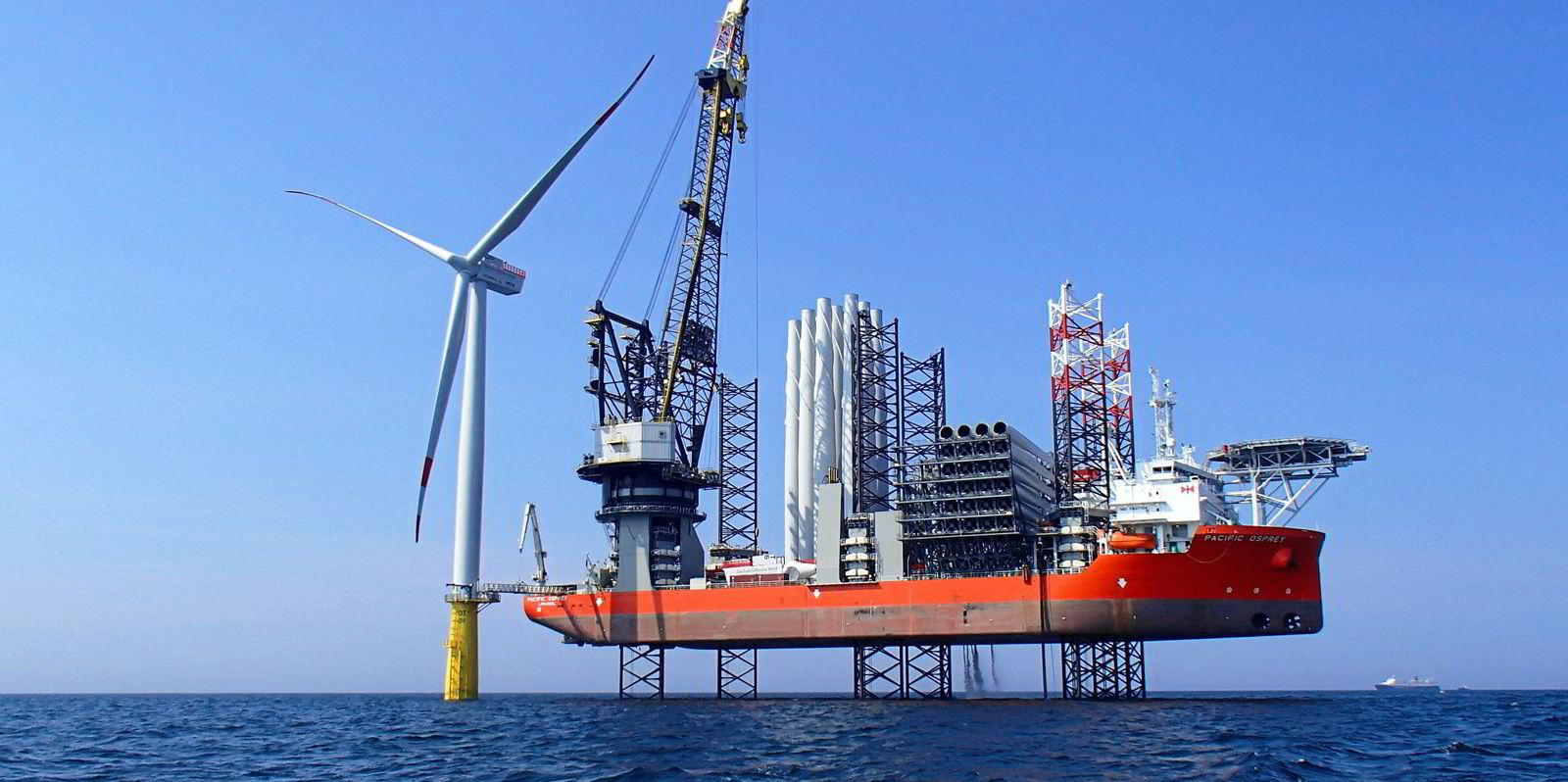Private UK shipowner Bibby Line Group (BLG) has said it is now well-positioned for growth after a tough 2020.
Accounts filed at Companies House show a net loss of £25.9m ($35.7m) for last year, against a deficit of £25.3m in 2019.
The group — formed in Liverpool in 1807 — has now completed the sale of its supermarkets business to focus on core operations in shipping and finance.
Chairman Sir Michael Bibby said 2020 was a pivotal year, as the group weathered the pandemic storm while setting itself up to generate future profits.
Still 90% controlled by the Bibby family, BLG has a fleet of two walk-to-work service operation vessels (SOVs) for wind farms, and six floating accommodation vessels.
The company recently bought the 100-loa accommodation unit ASV Pioneer (built 2007) from ASV Pioneer Ltd to boost its capacity.
Bibby Marine's profit improved as the SOVs operated by the WaveMaster Horizon subsidiary delivered a full year of trading, BLG said.
Floatel utilisation was high, with two vessels chartered to the Singapore government to house migrant workers during the Covid-19 crisis.
The marine operations enjoyed a strong year with improvement in revenue and profit, the company added.
The division logged operating profit of £812,000, against a loss of £2.6m in 2019, as revenue grew to £24m from £15m over the same period.
All eight ships were on charter as of July 2021, the company said.
Looking ahead, BLG sees strong support globally for its floatels as governments spend on infrastructure.
Jonathan Lewis took over as group managing director on 1 January after John Cresswell stepped down as chief executive.
Group revenue dipped to £832m from £835m the year before.
BLG has also launched a new decarbonisation drive, Project Compass, which aims to make the group carbon-neutral by 2040.
The shipowner told TradeWinds that net-zero total carbon emissions will include its own output, that of its energy suppliers and its supply chain, and emissions from its assets even when being used and refuelled by customers.
"Many of our assets can already be run fully on biomass and we are working with customers to maximise the use of this fuel before other technologies such as hydrogen become viable," a spokeswoman said.







